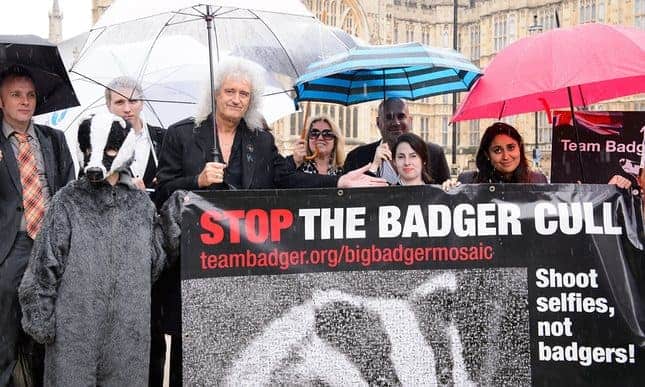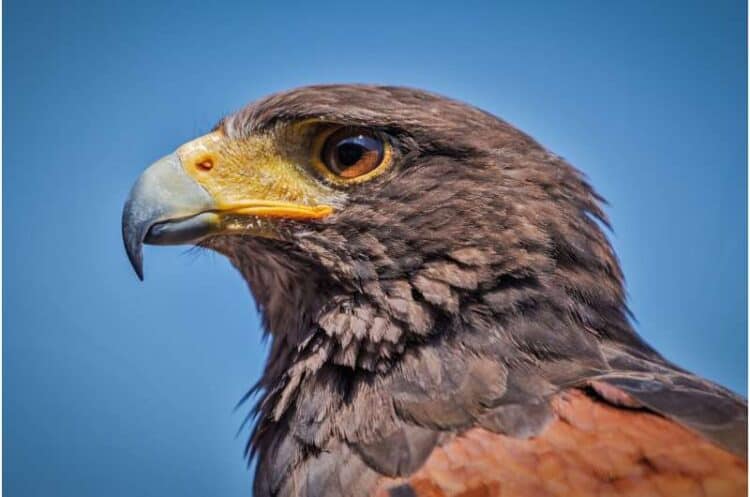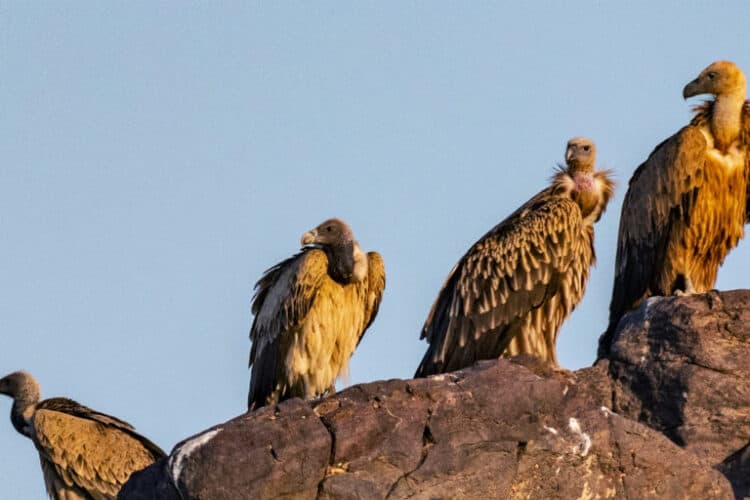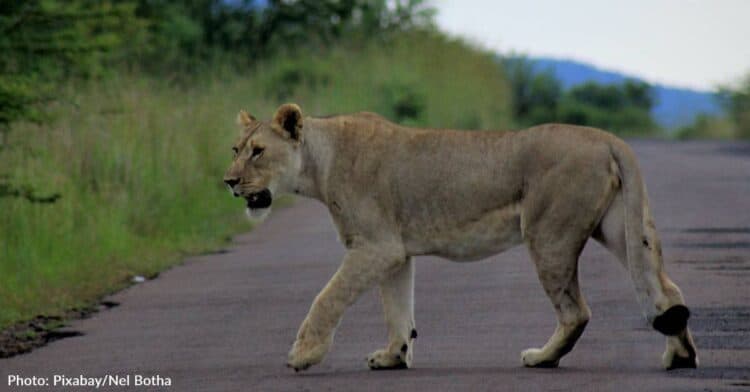The imminent expansion of England’s controversial badger cull “flies in the face of scientific evidence”, according to the nation’s foremost experts, who have called on new prime minister, Theresa May, to halt the “failed” policy.
The scientists say the badger cull, intended to curb tuberculosis in cattle, is a “risky, costly, and inhumane” distraction and may actually increase TB infections.
TB is a serious problem for farmers, with 36,000 infected cattle slaughtered in Britain in 2015 at a cost to the taxpayer of about £100m. But this is a “monstrous” waste of money, according to one of the scientists, who says the problem could be effectively tackled by cracking down on the spread of TB between cattle.

Badger culls in Gloucestershire and Somerset are due to begin their fourth year in the coming weeks, with another in Dorset entering its second year. But up to 29 applications for new culls across nine counties, including Cheshire, Cornwall and Herefordshire are now being evaluated by officials. The environment secretary, Liz Truss, backed a rollout in February, saying: “I want to see culling expanded across a wider number of areas this year.”
The letter to May is from professors John Bourne, Rosie Woodroffe and Ranald Munro. Bourne and Woodroffe ran a £50m trial in 2007 that concluded that badger culling could “make no meaningful contribution to cattle TB control in Britain”. Munro led a government-appointed group that scrutinised the first year of the Gloucestershire and Somerset culls and concluded that they were both ineffective and inhumane.
They tell May: “We urge you to review the considerable evidence that culling badgers is a risky, costly, and inhumane tool in the fight against bovine TB. We submit to you that expanding this unpromising programme would fly in the face of scientific evidence. We publicly call on you at this time to halt – not expand – the failed badger cull.”
They say the loosening of rules designed to make the culls effective – such as killing the badgers in a short period of time to prevent wider spread of TB – has left them “far below the minimum standards” required.
“The license conditions have not delivered effective culls yet and the changes made since are only going to make them less effective,” said Woodroffe. “So culling could very easily make a serious problem for farmers worse.”
The scientist who commissioned the £50m trial, Lord John Krebs, also heavily criticised the cull. “Badger culling is a sideshow,” he said. “The only effective way to stop TB is stopping the spread from cattle to cattle by more testing and a much better test.”
Krebs said: “The government has not produced any figures to show the pilot culls in Gloucestershire and Somerset have worked, so how can they justify rolling out the cull to more areas?”
A spokesman for the Department of Environment, Food and Rural Affairs said: “England has the highest incidence of TB in Europe and that is why we are taking strong action to deliver our 25-year strategy to eradicate the disease and protect the future of our dairy and beef industries. The government is implementing an adaptive strategy involving various different interventions to tackle the spread of TB, eg cattle measures, biosecurity and badger control in areas where the disease is rife.”
The badger culls have proven expensive, costing farmers over £6,000 for each of the many thousands of animals shot. “Defra’s own calculations at the start were that it was going to cost more than it saved, and [since then] it has been more costly and probably less effective,” said Woodroffe.
Bourne said the taxpayers’ money spent on compensating farmers for slaughtered TB cattle was also a waste. “It is monstrous that a disease that is stimulated, maintained and geographically spread by cattle movement, which is in the control of government and farmers, costs the taxpayer so much. It is quite monstrous, because the wherewithal is there, the science is there and it [just] needs sensible application.”
He said there was “not a hope in hell” of the current government strategy eradicating TB in 25 years.
In 2015, the British Veterinary Association withdrew its support for the shooting of free running badgers, as “it has not been demonstrated conclusively that controlled shooting can be carried out effectively and humanely”.
Munro said: “You can see quite easily that the roll out into many more areas will immediately increase the risk of a considerable number of badgers being injured and suffering for [a cull] that doesn’t actually work.”
This article was first published by The Guardian on 13 Jul 2016.
We invite you to share your opinion whether the UK should halt its failed badger cull policy? Please vote and leave your comments at the bottom of this page:
Thank you for voting.
In the event that you voted to halt the failed badger cull policy, please sign the petition:
Stop England’s Badger Cull
Thank you for your support.






Leave a Reply